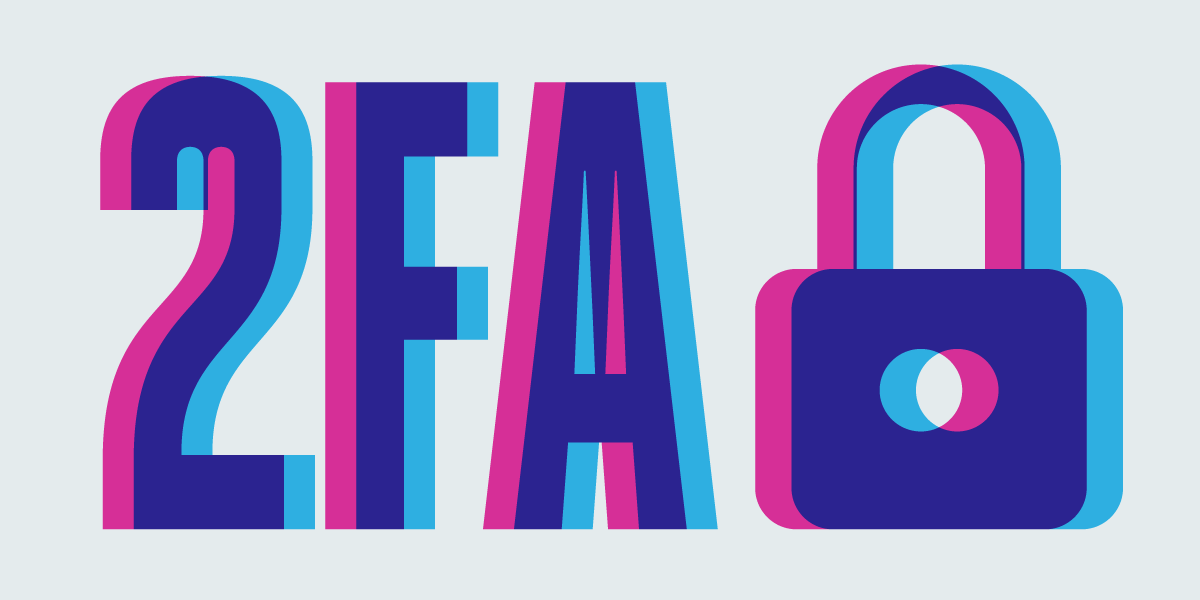
Fortify Security with Two-Factor Authentication (2FA)
In an era where digital threats loom large, safeguarding your online accounts and sensitive information is more critical than ever. Two-Factor Authentication (2FA) emerges as a robust defense mechanism, providing an extra layer of security beyond traditional passwords. Let’s explore the significance of 2FA and how it fortifies your digital world against unauthorized access.
Understanding Two-Factor Authentication (2FA)
Traditional authentication relies solely on passwords, which, if compromised, can lead to unauthorized access. Two-Factor Authentication (2FA) addresses this vulnerability by adding an extra layer of verification. Instead of just a password, users must provide a second form of authentication, typically something they possess or something inherent to them, such as a fingerprint or a unique code.
Enhanced Protection Against Password Vulnerabilities
Passwords, no matter how complex, can be susceptible to breaches. Cybercriminals often employ various techniques to crack or steal passwords, putting user accounts at risk. 2FA mitigates this risk by requiring an additional authentication step, making it significantly more challenging for attackers to gain unauthorized access, even if they have the password.
The Two Factors: Something You Know and Something You Have
Two-Factor Authentication leverages two distinct factors for verification. The first factor is something the user knows, usually the traditional password. The second factor is something the user possesses, such as a mobile device, security token, or biometric data. This combination ensures that even if one factor is compromised, the other adds an extra layer of security.
SMS and App-Based Authentication
Common implementations of 2FA include SMS-based authentication and app-based authentication. In SMS-based 2FA, a unique code is sent to the user’s mobile device, which they must enter alongside their password. App-based authentication involves using a dedicated authentication app that generates time-sensitive codes, adding an additional level of security.
Preventing Unauthorized Access to Email and Social Media
Email and social media accounts are prime targets for cyber attackers. Compromised email accounts can lead to identity theft, while hacked social media accounts may be misused for spreading malicious content. 2FA acts as a barrier, ensuring that even if passwords are compromised, unauthorized access is thwarted by the second authentication factor.
Securing Financial Transactions
With the increasing prevalence of online banking and financial transactions, securing these activities is paramount. 2FA adds an extra layer of protection, making it more challenging for attackers to gain access to sensitive financial information. This additional security measure is particularly crucial in preventing unauthorized transactions and protecting users’ financial assets.
Implementing 2FA in Corporate Environments
Businesses are increasingly adopting Two-Factor Authentication to fortify their digital assets. In corporate environments, where sensitive data and intellectual property are at stake, 2FA helps mitigate the risk of unauthorized access. It adds an additional barrier for cybercriminals attempting to breach corporate networks and systems.
User Convenience and 2FA
While security is paramount, user convenience is also a critical factor. 2FA implementations vary in their ease of use. Some methods, like push notifications or biometric authentication, offer a seamless experience for users, striking a balance between security and convenience.
The Role of 2FA in Regulatory Compliance
Many industries are subject to regulatory requirements regarding data protection and privacy. Two-Factor Authentication often aligns with these regulations, providing an extra layer of security that helps organizations meet compliance standards. Implementing 2FA can be a proactive step for businesses to enhance their overall security posture.
Embracing a Secure Digital Future with 2FA
In conclusion, Two-Factor Authentication (2FA) stands as a powerful ally in the ongoing battle against cyber threats. By adding an extra layer of verification beyond traditional passwords, 2FA enhances security across various digital domains. Whether you’re safeguarding personal accounts or corporate assets, embracing 2FA is a proactive step towards fortifying your digital world.
For more information on implementing Two-Factor Authentication and enhancing your online security, visit ITCertsWin. Secure your digital presence and embrace a future where 2FA becomes a standard practice for protecting what matters most.




